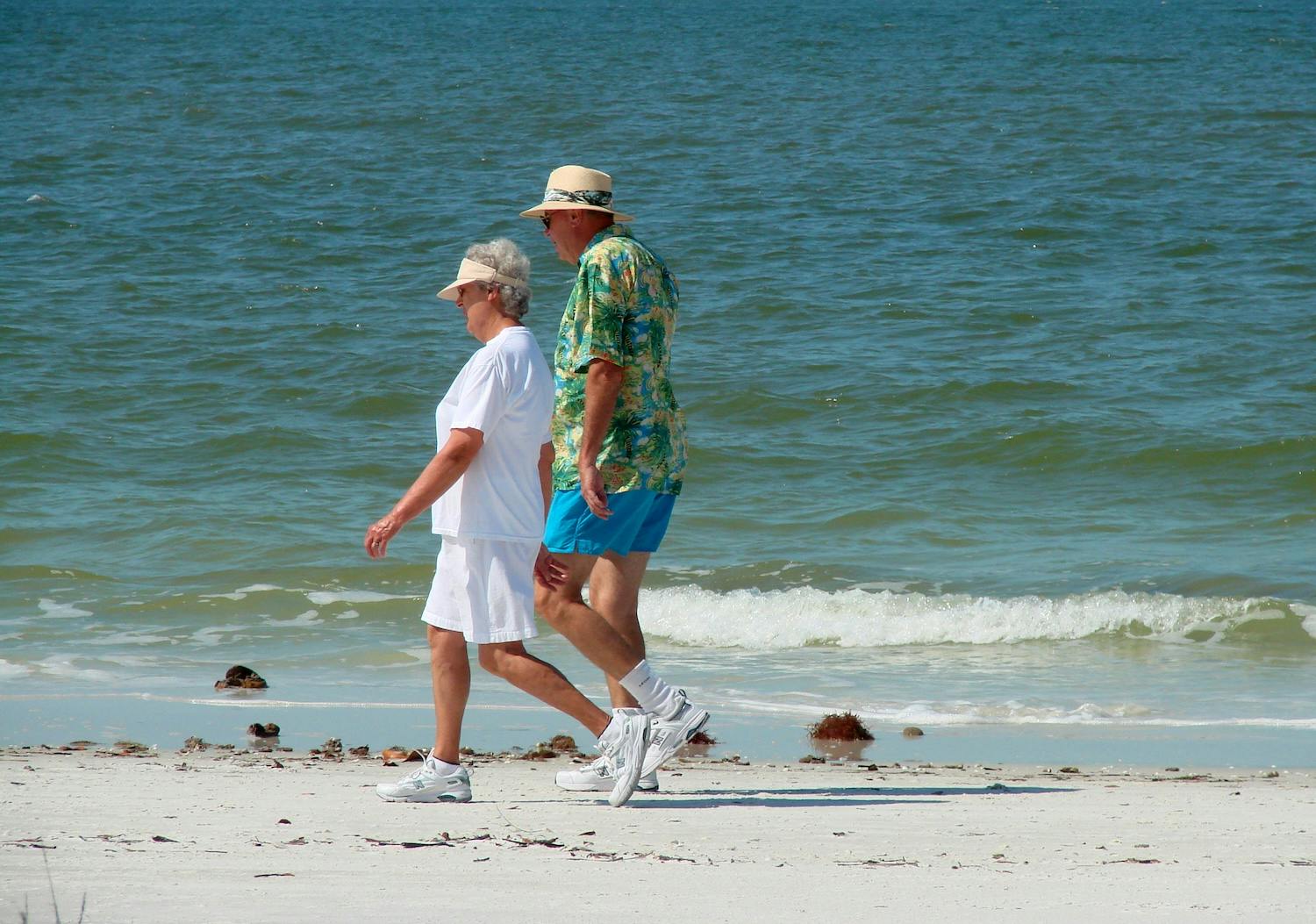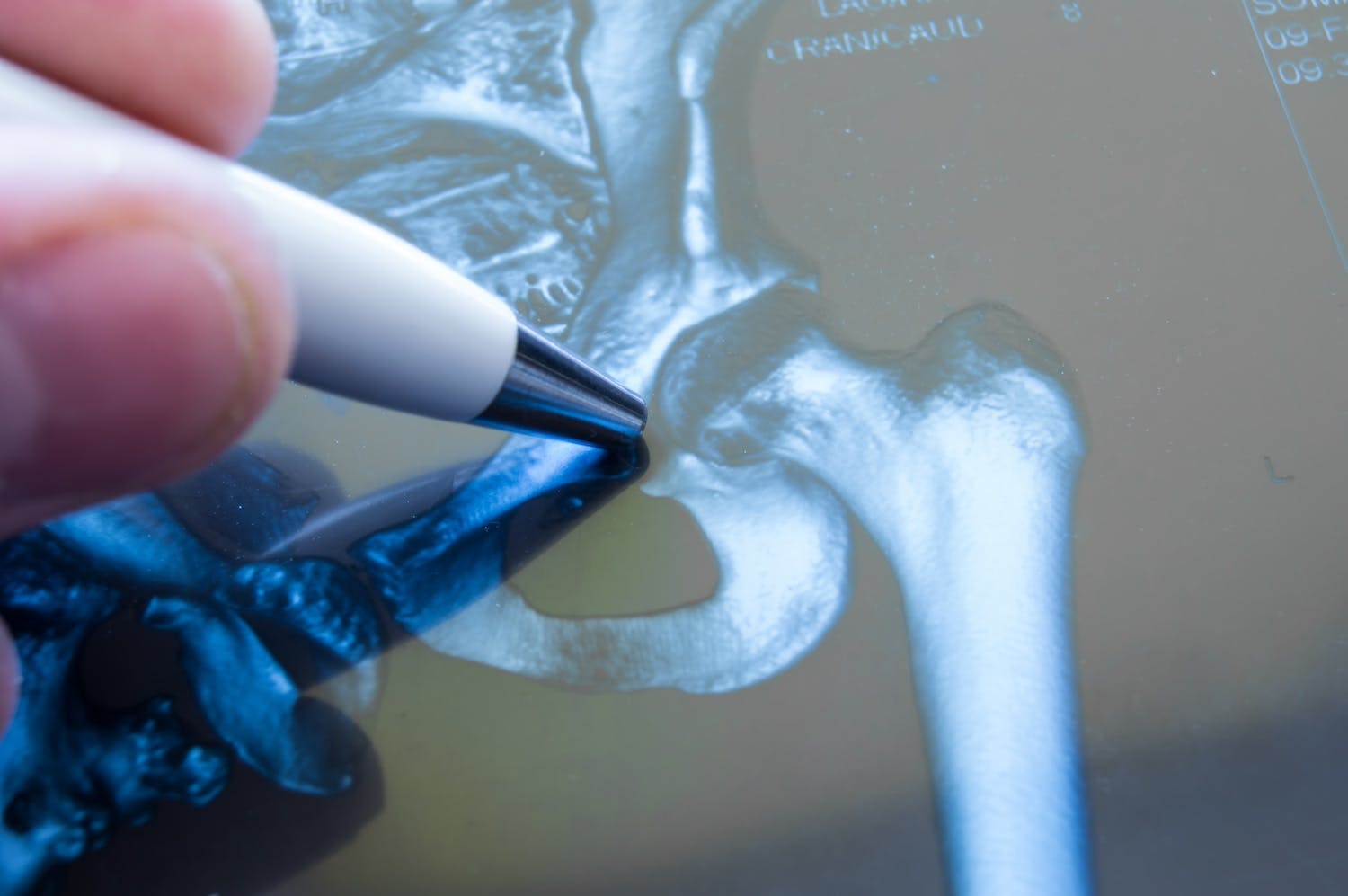- Blog
Orthopedics & Personal Injury Cases
Posted on 01-29-2026 in Personal Injury by Dr. Erik Nilssen

Posted on 01-29-2026 in Personal Injury by Dr. Erik Nilssen
What is an orthopedic specialist?
An orthopedic specialist is a medical doctor who specializes in treating injuries and conditions of the musculoskeletal system. Following medical school, they go through an additional five-year residency program to specialize in orthopedic surgery; oftentimes, orthopedic surgeons will cap off their training with a one-year fellowship program to further sub-specialize in one aspect of orthopedic surgery. Orthopedic specialists treat a wide variety of orthopedic conditions, including sprains, strains, fractures, dislocations, and soft-tissue injuries. To treat these conditions, they offer a wide range of treatments, including physical therapy, injections, orthobiologics, and surgery.
What is a personal injury?
Personal injury is a legal term for any injury to the body or mind of an individual, as opposed to damage to property. Personal injury claims result from accidents that are the result of negligence or reckless conduct and are one of the most common legal complaints filed today. If you have been injured in an accident–at work, on the road, or otherwise–you should immediately seek medical treatment, even if you believe you are not injured. Some injuries can take days or weeks to manifest and can cause lifelong pain and suffering if left untreated.
If you are injured as the result of someone else’s negligence, you may need to file a personal injury claim to ensure you can recuperate your damages. There are costs associated with treating your injury, making up for lost income, and accounting for changes to the quality of your life following the accident.
If you need to file a personal injury claim, there are a few things you will need to make sure you have at your disposal:
How an Orthopedic Specialist Can Help With Your Personal Injury Case
From a medical standpoint, an orthopedic specialist is by far the best medical provider to see following an accident. They have years of training aimed at helping them diagnose and treat musculoskeletal injuries and have a number of specialized treatments at their disposal that other providers do not have. Orthopedic specialists have deep experience with similar cases and offer focused care that can help you get on the road to recovery quicker.
From a legal standpoint, orthopedic specialists can provide you with all necessary medical records required for a personal injury claim. Furthermore, what better person to offer reliable medical testimony at your trail than an orthopedic surgeon, whose sole clinical focus is the musculoskeletal system.

September is Healthy Aging Month, an observance dedicated to promoting the positive aspects of growing older and encouraging proactive steps toward maintaining long-term health. In its 33rd year, Healthy Aging Month inspires adults of all ages to focus on lifestyle habits that support vitality, independence and overall well-being.

Ischiofemoral Impingement (IFI) is a lesser-known but often painful condition affecting the hip joint. This condition arises when the ischium (a bone in the pelvis) and the femur (the thigh bone) come into abnormal contact, which compresses soft tissues surrounding the hip. While the discomfort typically manifests in the buttocks or groin, particularly when moving the hip or walking, it can also present as low back pain, making it challenging to diagnose early. Additional symptoms and causes include discomfort during prolonged sitting, reduced range of motion, stiffness and/or tightness in the hip area.

May is Arthritis Awareness Month, an opportunity to increase public understanding of arthritis and its impact on millions of lives. Established by the Arthritis Foundation, this national observance highlights the importance of early diagnosis, effective treatment, and ongoing research to improve the quality of life for those with arthritis.